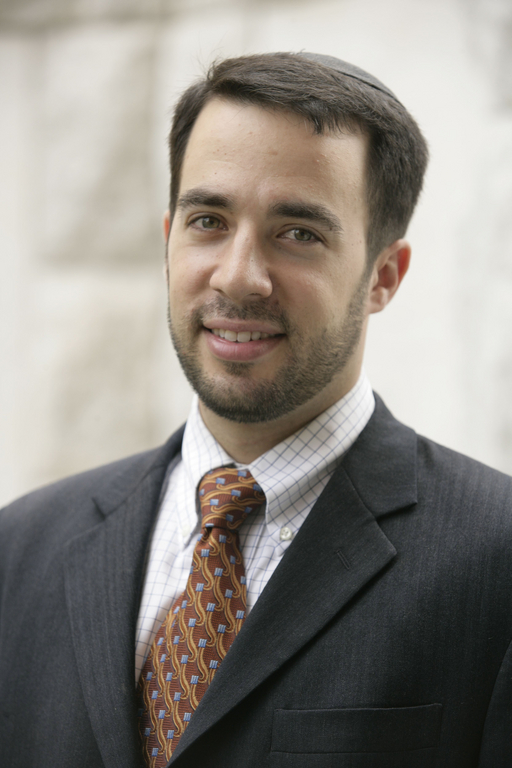Parshat Vayishlach: But the children...
Towards the end of the conversation Yaakov has with Eisav about their future, Yaakov’s final insistence that he cannot accompany Eisav to Seir puts the blame where most of us might put it.
‘My lord,’ replied Jacob, ‘you know that the children are weak, and I have responsibility for the nursing sheep and cattle. If they are driven hard for even one day, all the sheep will die. Please go ahead of me, my lord. I will lead my group slowly, following the pace of the work that I have ahead of me, and the pace of the children. I will eventually come to [you], my lord, in Seir.’ (33:13-14)
When he describes the “regel ha’yladim” (the foot of the children) as the culprit for his having to move much slower, Ibn Ezra, Seforno and Ramban believe he is referring to his own children, “the oldest of whom is 12 and a few days” (Ibn Ezra). This could be supported by the verse that opens the chapter, in which Yaakovs children are referred to “y’ladim” twice.
Others, however, believe Yaakov is referring to the children of his adult sheep who are weak and unable to be pushed hard to travel. Chizkuni (33:13), for example, points out that Yaakov placed his wives and children on camels (referring to 31:17), implying that their inability to walk would be a non-factor.
A number of Midrashim take the reference to the weak children as a metaphor for a different time and place. It either refers to Moshe and Aharon, with the sheep being the Israelite nation who might have died in the days of Andaryanus were it not for the mercy of God, or to David and Shlomo, with the sheep again referring to the Israelite nation who might have died in the days of Haman were it not for God’s mercy (Bereshit Raba Vayishlach 78)
The Medrash Agada puts a different spin on what it is the children can’t handle:the burden of Gehinnom. If you push them too hard one day, they’ll have no hope.
Yalkut Shimoni has two accounts which include the children metaphor referring to Chananya, Mishael and Azara on the one hand, and the Messiah on the other hand.
The Chizkuni’s interpretation is most sensible to me. One has to imagine that wealthy Yaakov’s children were riding on camels, and that there is no way he would force them to walk to the point that they would not be able to continue.

 65.0°,
A Few Clouds
65.0°,
A Few Clouds 




